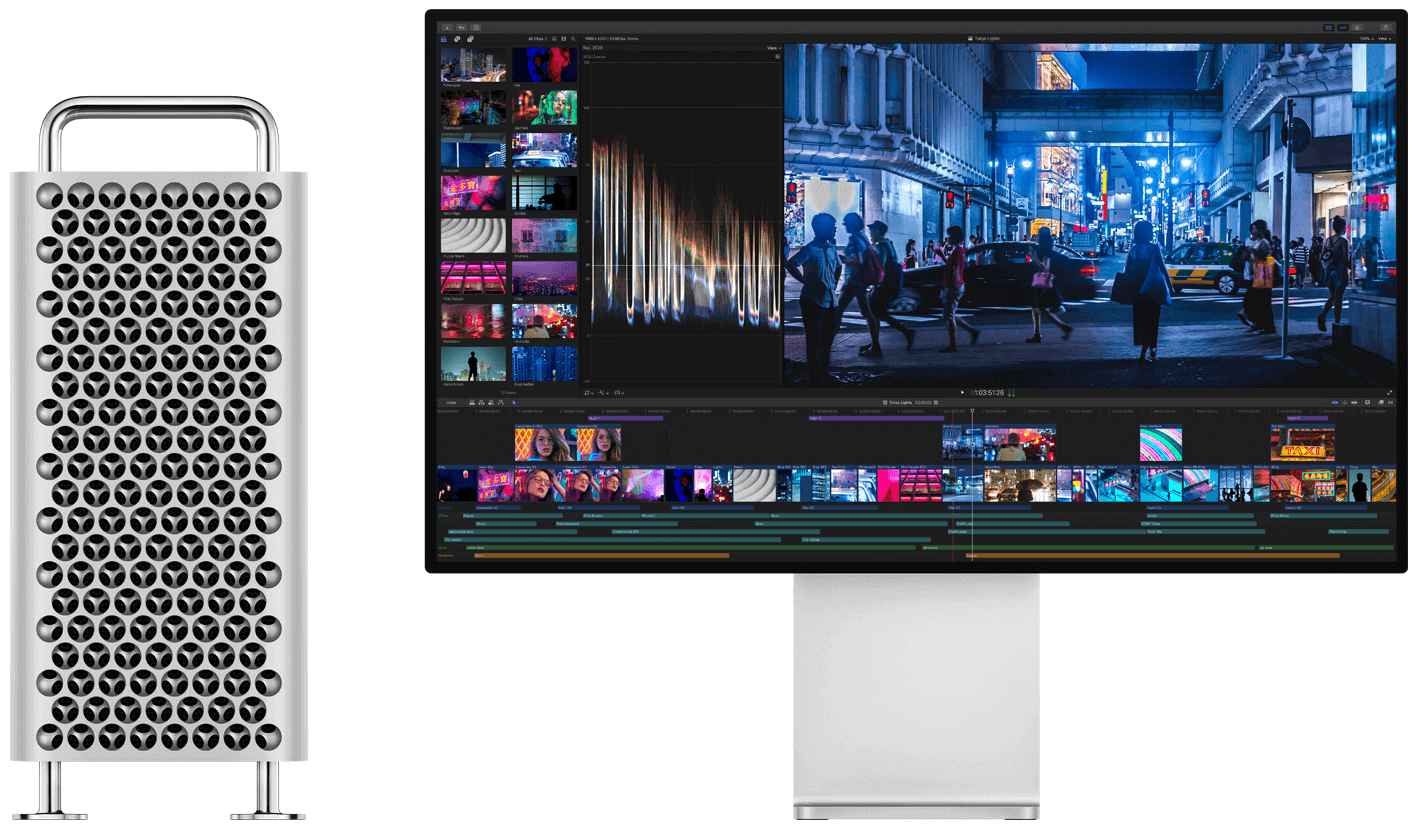In context: Even if you've been living under a rock, you may have heard that the Trump administration is looking to impose tariffs on hundreds of billions of dollars worth of consumer products that are assembled in China. Naturally, big tech companies are trying to fight it because outsourcing is what made their businesses very profitable.
Earlier this morning, President Trump didn't resist the temptation to tweet yet another loud message aimed at big tech, and more specifically Apple. The U.S. president says his administration won't be getting any tax exemptions on the new Mac Pro, which is not unexpected if you consider his general stance on products made in China.
Trump had previously said there wouldn't be any tariffs for companies that can prove they can only source parts from China. This is a big pain point for Apple, for whom the previous Mac Pro was the only high-end product being manufactured in the U.S. and heralded as a great example that it can be done if companies want to, but not without some challenges.
A recent report from the Wall Street Journal said that Apple chose China-based Quanta to manufacture the new Mac Pro, so it applied for tariff exemptions for a number of parts earlier this month. Seeing as the U.S. president has publicly rejected the deal, the Cupertino giant is left with 25% tariffs on those parts, as well as a PR nightmare that turned investor optimism down a notch.
Apple will not be given Tariff waiver, or relief, for Mac Pro parts that are made in China. Make them in the USA, no Tariffs!
--- Donald J. Trump (@realDonaldTrump) July 26, 2019
To put things in perspective, Apple's new Mac Pro starts at $6,000 for the base model – and while little else is known about the price matrix, the best guess is that a top of the line model will burn a $45,000 hole in your pocket, unless you decide to spend it on a Tesla Model 3 with autopilot.
It's not clear if Apple will raise the price for the higher end models as a result, and one could certainly argue that it wouldn't be fair for consumers since it isn't even a good cheese grater. PC makers Intel, Microsoft, HP and Dell face a similar conundrum for their lower end products designed for mass appeal, and they've recently shared their own, collective criticism on the Trump tariffs.
